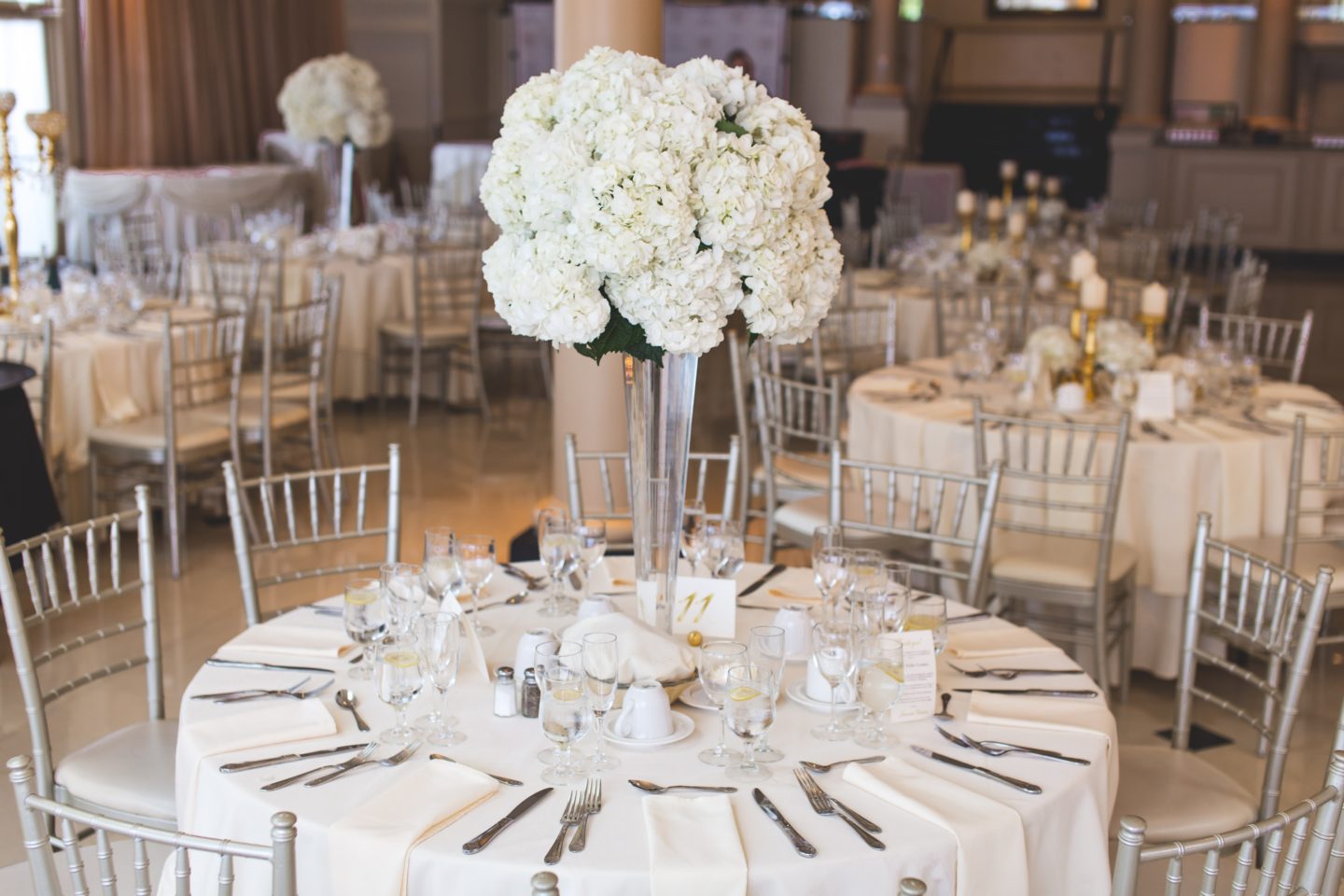
Collaborative Post.
We all love going to a party or big celebration. However, when you’re the one organising it, things can sometimes get a little less fun.
The stress and admin attached to creating a major event is something nobody looks forward to. Whether it’s your child’s birthday party, a baby shower or even a big family holiday, planning things properly usually comes at great expense, in terms of both time and money.
Naturally, you want to do a great job for your loved ones, but how do you go about creating the perfect event without breaking the bank?
The sooner, the better
For the sake of maintaining a healthy budget, and your own sanity, planning well ahead of time is essential. Like most deals in life, things tend to be cheaper if you book them well in advance, so if you’ve got services that need confirming, book them early to get the best price and secure their availability.
How soon should you be thinking? Simply as soon as you can possibly afford to. For bigger events, starting preparations 12 months in advance isn’t absurd. The bigger the timeframe, the more you can break down your responsibilities, which will spread the costs and the stress in a much more manageable way.
Building a cost list
Every event is different, meaning you’ll need to think about the individual costs involved. Building a list of those costsand turning it into a budget will help you be thorough in your preparations. It will also help you understand the overall total cost required and what adjustments you’ll need to make to afford it.
Obviously, you’ll know your event better than anyone, but a typical list might include things like:
- Location rental
- Food & drink
- Entertainment
- Decorations
- Emergency funds
The latter is particularly important. Any project, big or small, can incur unexpected costs, so you need to make sure you’ve incorporated a backup spend into your initial budget. That way, if something pops up, you’re not left hung out to dry financially and the show can still go on.
Negotiating suppliers
If external services are to make up a significant part of the event, get yourself out there and speak to a range of vendors in the market. Doing your research and shopping around should be a fundamental part of any big purchase, and finding the right providers is no different.
Things like location rental and catering come at no small cost. Speaking to multiple suppliers for each service should help you gather a solid estimate on costs, create some leverage in pricing and make a solid decision on who’s got the best offering for your requirements.
In a situation where you’re looking to put on the best event possible, don’t make the mistake of settling for the first service or price you see. Shortcuts in planning usually end up in shortfalls on the day.
Asking for help
Event planning, especially on a tight budget, is no time to be proud. You need every bit of help you can get to make a success of things, so if there’s some on offer, accept it with open arms.
Whether it’s family helping to set up on the day, a friend of a friend who’ll do you a great price on the catering or even someone who can offer something you need for free, the kindness of your nearest and dearest can help save big on time, stress and money.
Never feel guilty about getting a little extra boost — your loved ones will want you to succeed as much as anyone. So, if your aunt is willing to do the cake for free; let her.
All in all, there’s bound to be plenty of worry along the way when building an event. How you go about it, though, will go a long way to dictating exactly how much anxiety there will be. Plan and structure ahead, shop around and take all the help you can get, and things might end up going smoother than you’d hoped — with your bank account still intact.
Disclosure – this is a collaborative post.
